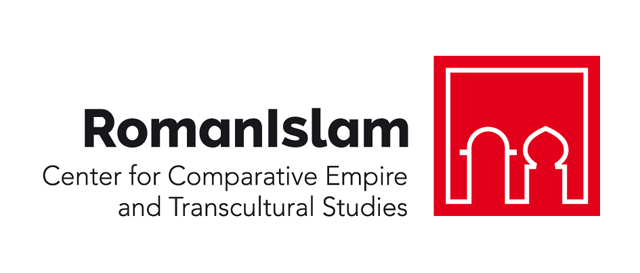Round Tables / Book presentations
A History of the Muslim World: From Its Origin to the Dawn of Modernity, October 30, 2024
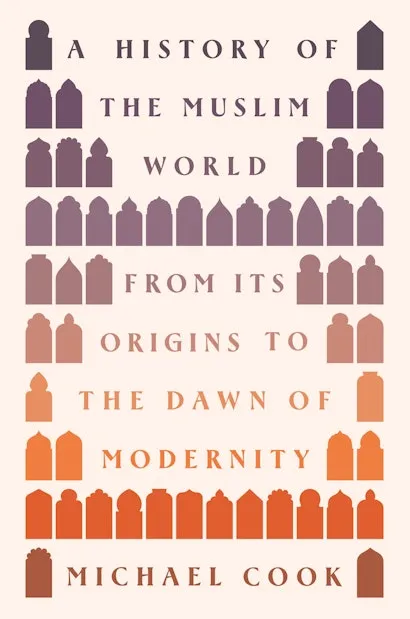
Online book talk with Michael Cook, presenting his latest book: A History of the Muslim World: From Its Origin to the Dawn of Modernity
The event is organized by the RomanIslam Center for Comparative Empire and Transcultural Studies -Islam and will take place on October 30, 2024, from 17:00 to 19:00.
Between Sahara and Sea. Africa in the Roman Empire, January 30, 2024
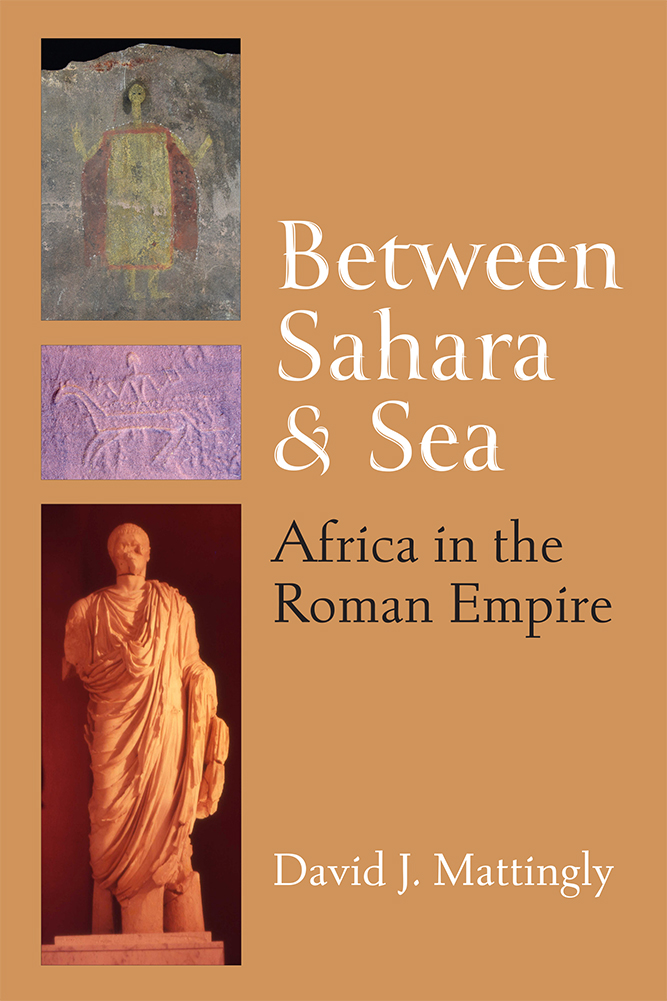
In August 2023, the University of Michigan Press published a long-expected book by Prof. Dr. J. David Mattingly (University of Leicester) entitled: “Between Sahara and Sea: Africa in the Roman Empire" (Jerome Lectures, 26) (Ann Arbor 2023)”. The book goes back to the prestigious ‘Thomas Spencer Jerome Lecture Series’ held at the American Academy of Rome in 2013 by D. Mattingly, one of the leading international scholars in the field of North Africa’s archaeology and senior guest of the RomanIslam Center, Comparative Empire and Transcultural Studies in Late Antiquity in July 2023. This book challenges orthodox views of the story of Africa under Roman domination and attempts a de-colonising approach. Based on decades of research in North Africa, Mattingly’s volume is an innovative account of the history and archaeology of North Africa, focusing on the 2nd c. BCE to the 3rd c. CE, though with some thematic coverage of the 1st millennium BCE and later antiquity. By implementing a set of new material data, as well as innovative theoretical and methodological approaches, this 744 paged-volume will certainly provoke discussions on acculturation models, on history of research and on ancient (as well as modern) identity discourses in the Maghreb.
[ more ]
Late Roman Italy. Imperium to Regnum, November 21, 2023
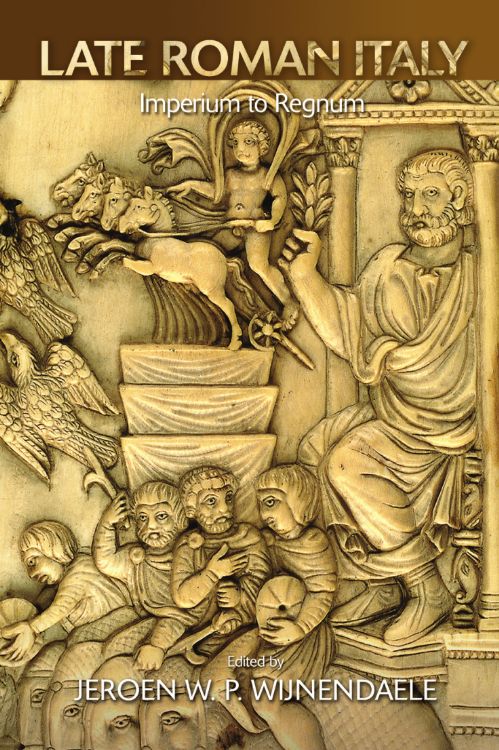
This book explores the major political, social, economic, religious and cultural changes impacting what was once the most important region of the Roman world. Some features:
- The first modern research volume on a core region of Late Antiquity;
- A tight and distinctly chronological focus on the second quarter of the first millennium CE, that allows for a different vision of the many vicissitudes of Late Roman Italy, among other works on Ancient and Late Antique Italy;
- An emphasis on one of the key features of Late Antiquity: the transformation of the Roman Empire in the West into successor polities;
- A balanced range of topics, including ones rarely encountered in this type of work (such as gender or environmental history), with a special focus on political transformation and violence.
This research volume reassesses one of the most fundamental transformations in Late Antiquity, centered on a pivotal region: the transition from ‘Empire’ to ‘Kingdom’ in Italy c. 250-500. During the first quarter of the first millennium, Italy was still the heart of the Roman Empire; the only political superstructure ever managing to encompass the entire Mediterranean world and its European hinterland. Yet during the second quarter of this millennium, Italy underwent dramatic evolutions from demotion to a provincialized region (c. 285-395), to a new imperial hub kept afloat by cannibalizing other provinces’ resources (c. 395-476), to an autonomous regnum governed by non-Roman rulers as part of an Eastern Roman ‘Commonwealth’ (c. 475-535).
[ more ]
Imperial Representation and Masculinity: Pacatus’s Praise of Theodosius, June 16, 2023
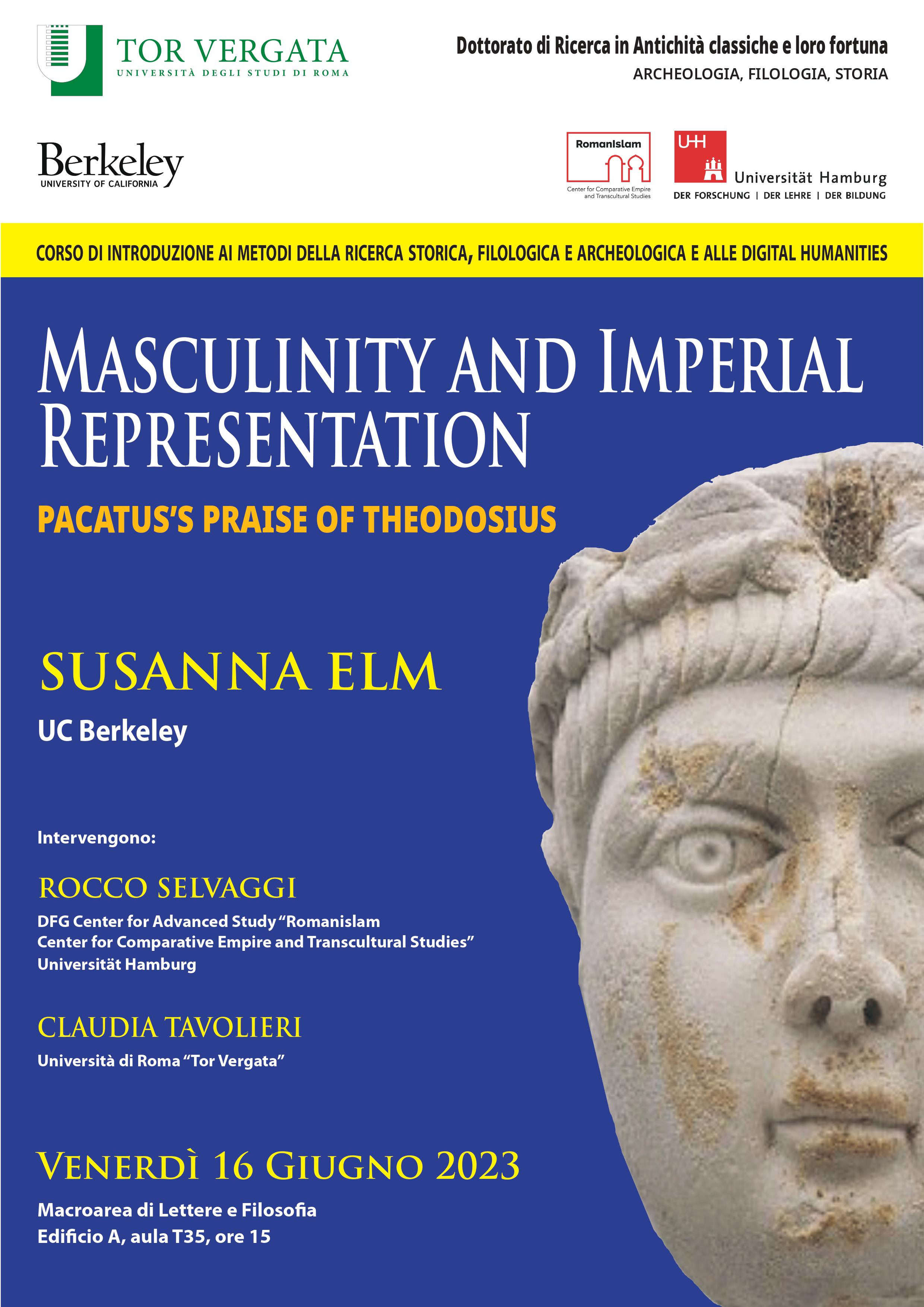
The Roman emperor Constantine the Great is usually considered the first Christian Roman emperor. It is certainly true that Constantine made Christianity a legal Roman religion, but the emperor who really laid the foundations of Christian sovereignty was the emperor Theodosius, also known as the Great, some sixty years later. Theodosius, like Constantine and most other Roman emperors before him, was considered most sacred and divine (sacratissimus divinus imperator). As divine ruler he embodied and represented the apex of virtue, of everything Romans considered essential in a man and leader; that is, he was the apex of elite manliness or vir-ness. Theodosius transformation of Roman imperial rule into Roman Christian rule has received a great deal of scholarly attention. However, scholars have not asked whether and if so how these changes affected notions of imperial vir-ness, with all the consequent implications for elite vir-ness and ideas of Roman imperium for which virtue and vir-ness stood paradigmatic. The lecture, which forms part of a forthcoming book, entitled The Emperors’s Eunuch: Civil War, Queer Masculinities, and Imperial Representation in the Early Theodosian Age, uses Pacatus's panegyric praising the emperor Theodosius’s victory over Magnus Maximus as a case study to suggest that Theodosius and his sons used capacious, fluid forms of vir-ness to signal clemency and unity in ways that significantly expanded earlier iterations of these concepts in line with Christian notions of “all the peoples
[ more ]
Il secolo dei Vandali. Storia di un’integrazione fallita, July 13, 2022
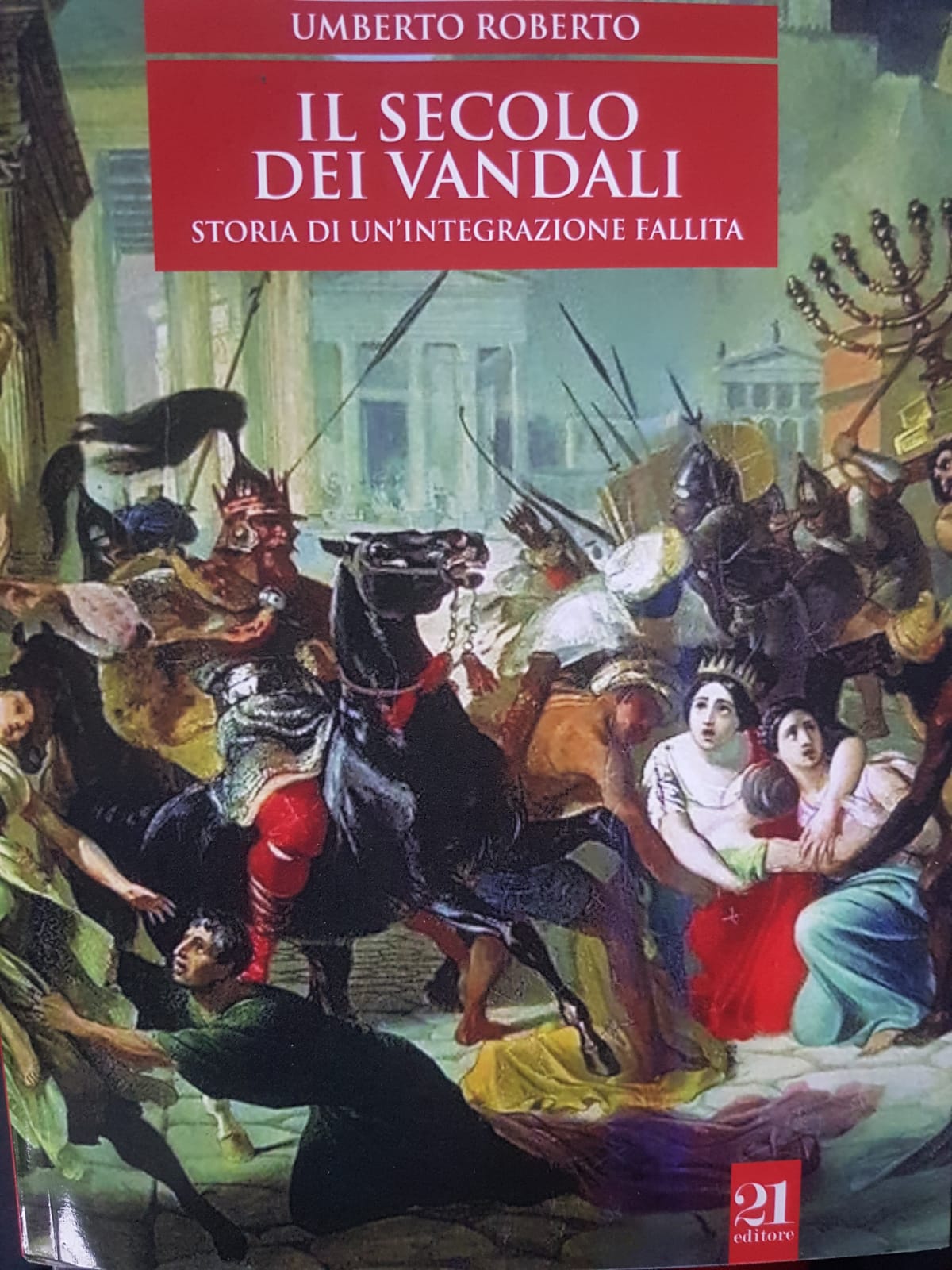
Among recent studies on the Vandals - all of which are characterised by lively research debates - the book “Il secolo dei Vandali. Storia di un’identificazione fallita”, edited by Umberto Roberto in January 2021, certainly stands out, as Roberto's work is the first, complete publication on the history of the Vandals in Italian. Already through the concise title, the author reveals his main focus: On the one hand, the exact content of the book, the saeculum, the importance of which is carefully at various points in the work; on the other hand, the result of his investigations, that is, a failed integration of one of the most important Germanic tribe of the Late Antiquity. Prof. Dr. Javier Arce, Emeritus at Université de Lille, and our Academic Coordinator, Dr. Rocco Selvaggi, will publicly discuss and critically comment this book with Umberto Roberto and other authors. The event will take place online.
[ more ]
A companion to North Africa in Antiquity, Oct. 11, 2022
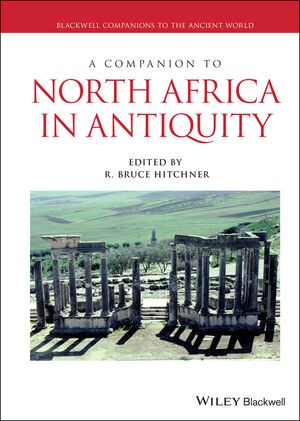
In March 2022, a long-expected volume, "A Companion to North Africa in Antiquity“, edited by Bruce Hitchner, was published in the renowned Wiley-Blackwell series. This book gives an extensive and updated overview on ancient North Africa over the longue durée, spanning over a chronology of nearly two millennia. 24 chapters written by renowned international specialists in the field make this book an essential contribution to the history and archaeology of this important macro-region from Early Iron Age to the Arab conquest. Our Research Associate, Dr. Stefan Ardeleanu, will publicly discuss and critically comment this book with Bruce Hitchner and other authors. The event will take place online.
[ more ]


